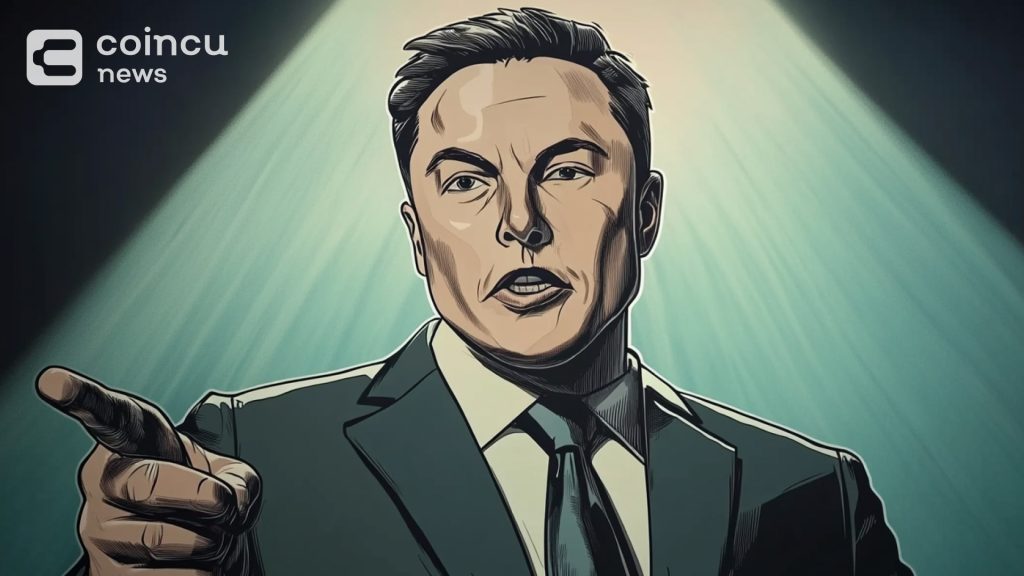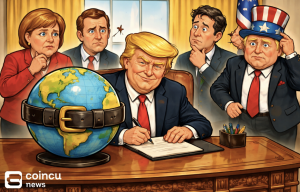New Court Filing Revealed OpenAI Crypto Plan Was Blocked by Musk
Key Points:
- Elon Musk opposed the OpenAI crypto plan in 2018, fearing it would harm the nonprofit’s reputation and mission.
- Musk, who invested $44 million in OpenAI, suggested merging it with Tesla for funding before leaving the organization over disagreements.
Court documents filed on November 14 exposed the leading role taken by Elon Musk in shutting down the OpenAI crypto plan in 2018.

Read more: Elon Musk Sues Sam Altman For Breach Of Contract With $44 Million Contribution
Musk Rejects OpenAI Crypto Plan
The documents, unsealed as part of Musk’s ongoing lawsuit against OpenAI, show how the billionaire co-founder went against an initial coin offering proposed by the co-founders Sam Altman and Greg Brockman.
The token issuance proposal was offered by Altman and Brockman as a solution to the nonprofit’s dire financial straits in early 2018. At the time, despite some heavy early funding, Musk’s $44 million investment and additional support from Silicon Valley leaders was struggling to secure funding. Above everything else, OpenAI wanted to create a safe AGI, but money problems loomed.
Musk, then co-chair of OpenAI’s board, emphatically rejected the OpenAI crypto plan, warning it could ruin its reputation and corrode the nonprofit spirit. He asserted that such a move would erode trust in OpenAI’s mission. At one juncture, Musk even weighed absorbing OpenAI into Tesla, insinuating Tesla resources provided a sustainable funding solution for the company.
Revived Lawsuit: Musk vs. OpenAI and Microsoft
Musk left OpenAI in February of 2018, only a few months after those disagreements, to later found his own AI company, xAI. His leaving marked an important inflexion point for OpenAI, which has since moved toward a for-profit model.
The court filings come amid souring relations between Musk and OpenAI. Earlier this year, Musk filed suit against OpenAI, alleging conspiracy and federal racketeering violations, before withdrawing and then re-filing the lawsuit. The revived legal action also includes Microsoft as a defendant, signalling a broader feud involving Musk, OpenAI and its partnerships.
| DISCLAIMER: The information on this website is provided as general market commentary and does not constitute investment advice. We encourage you to do your own research before investing. |






















